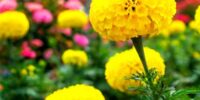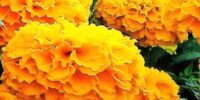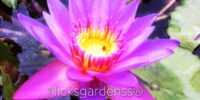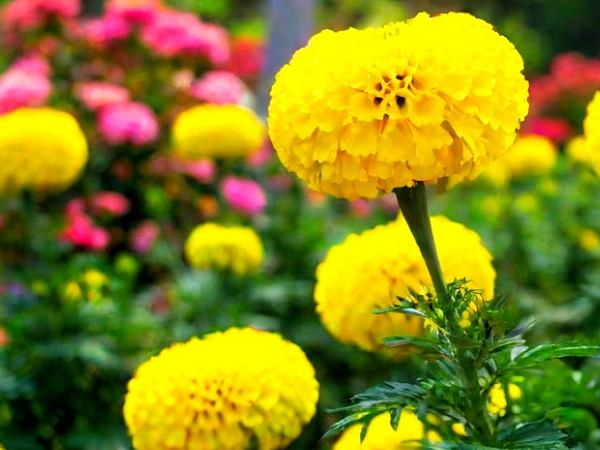Water Apple Plant
2024 plant artical
The Water Apple: A Tropical Delight for Your Garden
Introduction
The water apple (Syzygium aqueum) is a medium-sized evergreen tree native to Southeast Asia, cherished for its bell-shaped or pear-shaped edible fruits. These fruits boast a thin, waxy skin and offer a refreshing, crisp, and juicy flesh with a delicate balance of sweetness and tartness.
Beyond its culinary appeal, the water apple holds cultural significance and potential health benefits, making it a fascinating addition to any garden in suitable climates.
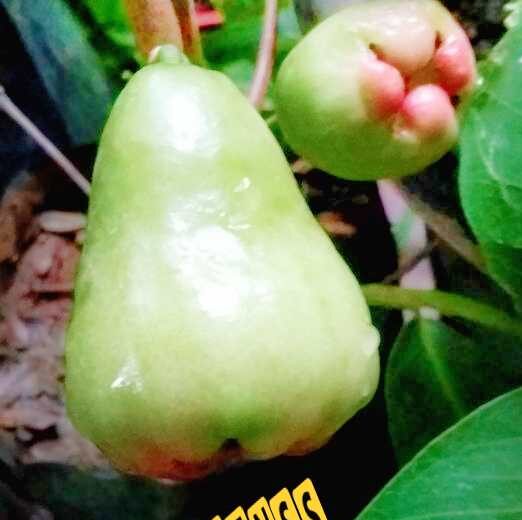
Botanical Name: Syzygium aqueum
Common Names: Water apple, rose apple, bell fruit, jamrul (India), makopa (Philippines), chomphu (Thailand)
Family: Myrtaceae
Origin: Southeast Asia
Invasive Species Status: Generally not considered invasive, but caution is advised in certain tropical and subtropical regions
Appearance: Medium-sized evergreen tree (10-20 meters), elliptical glossy green leaves, small white fragrant flowers, bell-shaped or pear-shaped fruits with varying skin color
Growth Habit: Fast grower, fruits within 3-4 years, thrives in warm, humid climates
Climate: Tropical and subtropical (USDA zones 10 and 11), warm temperatures, high humidity
Soil Type: Well-drained, fertile, rich in organic matter, slightly acidic to neutral pH (6.0-7.0)
Sunlight: Full sun to partial shade, minimum 6-8 hours of direct sunlight
Temperature: 25-35°C (77-95°F), sensitive to frost and cold drafts
Planting: Propagate from cuttings or air layering, select sunny location with well-drained soil, amend planting hole with compost, plant carefully, water thoroughly
Watering: Regular watering, especially during hot and dry periods, maintain moist but not waterlogged soil, mulch to retain moisture
Fertilizing: Balanced fertilizer every 2-3 months, consider organic options
Pruning and Training: Regular pruning for shape, health, and new growth, train to central leader or open center
Pests and Diseases: Generally resistant, potential issues include fruit flies, scale insects, fungal diseases; practice good sanitation, consider organic pest control
Terraces and Balconies: Suitable for large containers with adequate sunlight and watering
Office Spaces: Dwarf or compact varieties for bright, spacious offices
Indoor Spaces: Challenging but possible in sunny atriums or conservatories
Backyards: Excellent choice for suitable climates, provides shade and fruit
Temples and Spiritual/Well-being Centers: May be planted for cultural or symbolic reasons
Culinary: Consumed fresh, in salads, or processed into jams, jellies, preserves, wine; young leaves used in salads or as flavoring; caution advised with seeds
Medicinal: Traditional uses for anti-inflammatory, antioxidant, anti-diabetic properties; further research ongoing; consult healthcare professional before use
Ornamental: Glossy foliage, fragrant flowers, colorful fruits add aesthetic appeal
Environmental: Attracts pollinators, provides shade, contributes to ecosystem health
Beneficial: Legumes, bananas, mangoes, citrus trees
Avoid: Trees with aggressive root systems (eucalyptus, bamboo)
Ready to add a touch of the tropics to your garden? Explore the world of water apples and discover a wide range of gardening solutions at NicksGardenss®. Visit our shop at Nicksgardens.com and embark on your journey to a greener, more fruitful future today!
Conclusion
The water apple is a unique and rewarding fruit tree, offering ornamental beauty, culinary versatility, and potential health benefits. Cultivate this exotic gem in your garden and experience the joys of homegrown tropical fruit.
With NicksGardenss® as your partner, you'll have the knowledge and resources to nurture a thriving green space and embrace a fulfilling gardening lifestyle.
About NICKSGARDENS®
NICKSGARDENS® is your one-stop solution for organic gardening, offering consultation, solutions, and a wide array of services including landscaping, soilless growing mediums, garden recovery, online support, and specialized setups for bonsai, aeroponics, hydroponics, aquaponics, and more.
We empower gardeners through education and sustainable practices, fostering a love for nature and self-sufficiency.
